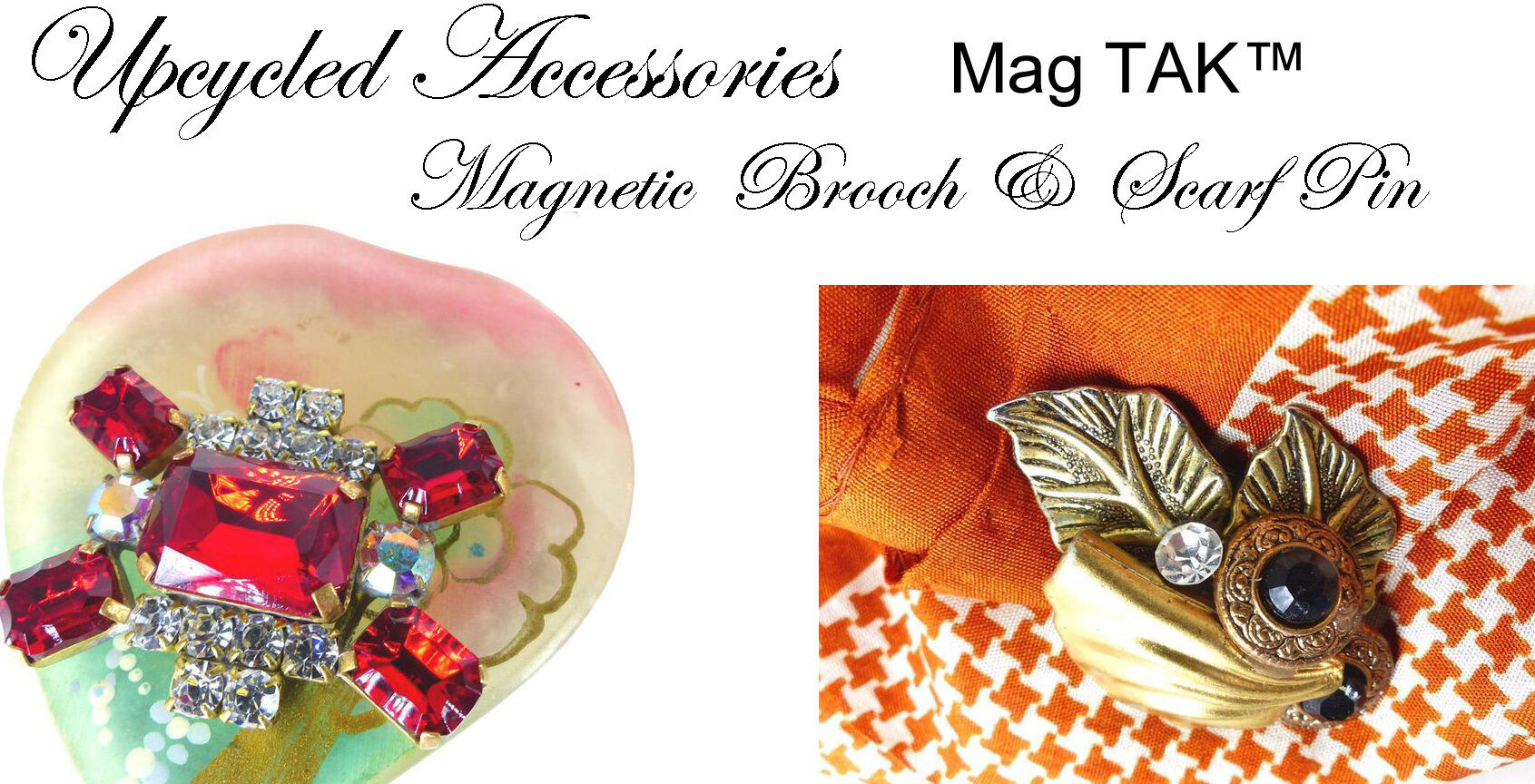Circular Fashion: Vintage, Recycled & Upcycled
Tracy Xavier
The rise of ethical and eco-friendly brands is impossible to ignore, but how do we reconcile a love of fashion and clothes with sustainability? A relatively unknown term is currently being bandied around the industry claiming to be the answer – circular fashion. An off-shoot of the circular economy concept - an economic system aimed at minimizing waste and making the most of resources - it challenges fashion’s linear production line that ends with clothes being discarded in landfill.
"The future of fashion is circular. It has to be," says Stella McCartney
Once the piece has become tired, it should be repaired or redesigned, then – rather than being binned – rented, swapped or sold at second-hand. All this means less will be bought and less will left ruining our planet.
Ready-to-Waste: America’s Clothing Crisis
No one sets out to dump half their body weight in clothing into landfills each year, presumably, but somehow it still happens. Rubber, leather, and textiles make up more than 9 percent of municipal solid waste in the U.S. according to EPA estimates. That means the average American throws away about 81 pounds of clothing every year.
“That’s a lot,” says Jackie King, the executive director of the Secondary Materials and Recycled Textiles international trade association. She says this is unfortunate: while 95 percent of used textiles can be recycled, 85 percent land in the trash. One reason for this disparity could be public perception of waste and recycling. Though American recycling rates have more than tripled in the last 30 years, textile recycling has not enjoyed the same popularity as glass, plastics, and paper. “So much of the time, people aren’t aware, they think no one would want something because it’s out of date or has a rip or is broken. They don’t realize it could be recycled,” King says.
As Elizabeth Cline explains in her book, Overdressed: The Shockingly High Cost of Cheap Fashion, there are far more textile donations to charities than can be resold in-house, and clothing donation should instead be thought of as recycling. According to the Council for Textile Recycling, 80 to 90 percent of donations to charities are sold to recyclers. From there, 45 percent is exported for reuse — mainly in Africa and Asia — and about 50 percent is recycled.
To live a sustainable life, clothing options opposite to the "throw away" attitude encouraged by fast fashion are needed. Upcycling can help with this, as it puts into practice a more circular economy model. A Circular Economy is where resources are used for as long as possible, getting the most value out of them while in use, then restored and repurposed when their use is over.
Upcycled bits and pieces of jewelry upcycled and reinvented as magnetic pins ….Mag TAKs. Worn as a scarf pin or a brooch without putting holes in your clothing and silk scarves. .
Wear a bit of history! Mag TAKs.
We hope you can take the time to browse our shops, take a look around and make sure you check out our reviews. We are a husband and wife homegrown business: From curating our vintage accessories and clothing to designing and creating our line of His & Hers Mag TAKs ( our own little invention ).
Enjoying a creative quality of life, one client at a time!




